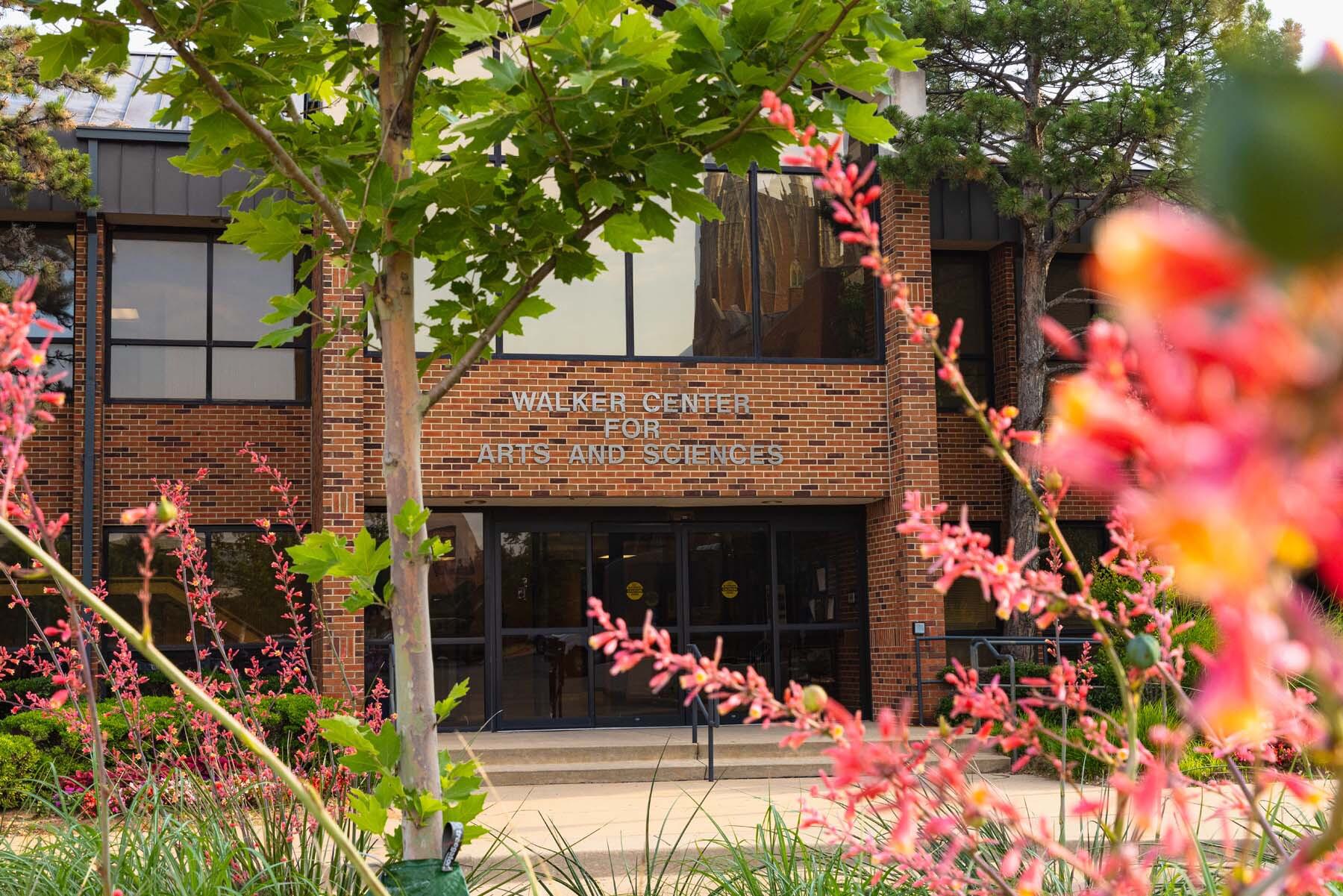

Unravel a complex system: You'll learn to work effectively within the multiple systems and institutions involved in maltreatment cases, and how to handle the situations with the children and their families.
Intervene, Prevent, and Advocate: Get specialized training in how to intervene and prevent child maltreatment, and learn to advocate for social change to decrease child maltreatment.
For Undergraduates or Working Professionals: The CAST certificate and minor are ideal for college students who plan to make a difference in young lives—but they're helpful for many different backgrounds.
In addition to our CAST offerings, please visit the Related Programs tab to see our other Psychology options.
| Course Number | Course Title | Credit Hours |
| CAST 3013 | Perspectives on Child Maltreatment and Child Advocacy | 3 |
| CAST 3113 | Global Child Advocacy Issues | 3 |
| CAST 3214 | Child Advocacy: Professional and System Responses to Child Maltreatment | 4 |
| CAST 4014 | Child Advocacy: Responding to the Survivor of Child Abuse and Survivor Response | 4 |
| CAST 4084 | CAST Capstone Experience | 4 |
| Elective course | 3 |
The certificate in Child Advocacy Training Studies (CAST) consists of 11 credit hours. The purpose of this certificate is
This certificate would benefit people currently employed or planning to be employed in:
Students must complete three required classes for the certificate. They include:
Students at ÃÛÁÄÖ±²¥ City University enjoy individualized instruction due to small class sizes and caring professors. Lectures will be given by faculty from OCU and the University of ÃÛÁÄÖ±²¥ Health Sciences Center, Center for Child Abuse and Neglect (OUHSC- CCAN) who have obtained the highest degrees in their fields and by faculty with real work experience in their academic fields.
Because this certificate is multidisciplinary in nature, students will learn about a range of disciplines and the roles they play when working with children who have been maltreated. In addition, many of the classes are taught in the evening to accommodate those who are employed during the day.
Melissa Hakman, Ph.D Associate Professor of Psychology
Lectures are often given by professionals working in the community, including:
